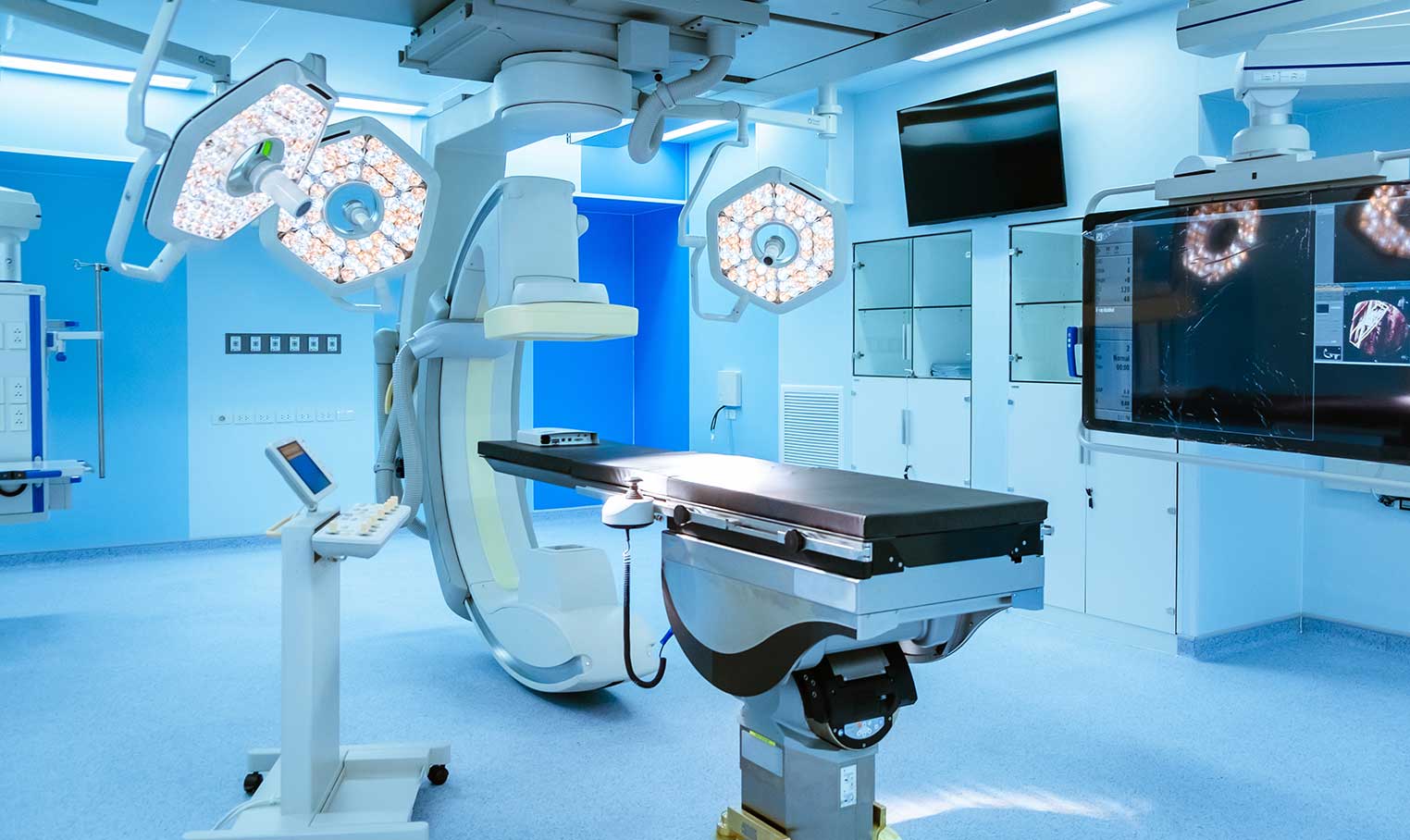In an era where healthcare systems are under increasing pressure to deliver superior outcomes at reduced costs, value-based care (VBC) models have emerged as a transformative framework. VBC shifts the focus from service volume to measurable value, linking healthcare reimbursements to patient outcomes. Medical devices are pivotal in enabling this shift—not just as tools for diagnostics or treatment, but as enablers of better care coordination, predictive insights, and operational efficiency.
Value-Based Care: Redefining Healthcare Priorities
The VBC model incentivizes healthcare providers to enhance care quality, minimize inefficiencies, and optimize costs across the continuum of care. Advanced medical devices, powered by IoT, artificial intelligence (AI), and real-time data analytics, are instrumental in achieving these objectives.
How Medical Devices Drive Value-Based Care
- Enhanced Patient Monitoring
Wearable devices and remote monitoring tools empower clinicians to track patients’ health in real-time. These solutions have proven invaluable in managing chronic conditions such as diabetes and cardiovascular diseases, enabling timely interventions and reducing hospital readmissions. - Data-Driven Decision-Making
Connected medical devices aggregate and analyze data from multiple touchpoints, providing actionable insights. This supports personalized treatment plans, ensuring precision in clinical interventions. - Cost Optimization
Advanced diagnostic and therapeutic devices contribute to quicker and more accurate results, reducing procedural times and complications. These efficiencies lower healthcare costs while maintaining high standards of care. - Improved Patient Engagement
Tools like mobile health apps, smart inhalers, and AI-powered wellness solutions promote self-care and adherence to treatment plans. These devices empower patients to take an active role in managing their health.
Case Studies: Regional Success Stories
- Saudi Arabia: IoT-Enabled Diabetes Management
Under the Vision 2030 initiative, Saudi Arabia implemented IoT-based glucose monitoring systems for diabetic patients. These devices allowed clinicians to remotely monitor glucose levels, enabling early interventions and reducing hospital visits by 30%. This initiative improved glycemic control metrics while cutting costs significantly, demonstrating the value of proactive patient management. - UAE: AI-Driven Cardiology Solutions
In the UAE, a leading hospital in Dubai adopted AI-powered ECG machines to detect early signs of cardiac issues. These devices were integrated into a VBC framework that emphasized improved patient outcomes. Over two years, the program achieved a 20% reduction in emergency cardiac admissions and enhanced survival rates, setting a benchmark for AI-driven care models in the region. - Qatar: Remote Pediatric Monitoring
A pediatric care initiative in Qatar deployed wearable health monitors for children with chronic respiratory conditions. These devices provided real-time feedback to caregivers and clinicians, reducing emergency visits by 25% and ensuring better long-term outcomes. - Lebanon: Smart Rehabilitation Devices
Lebanon’s private healthcare sector has embraced AI-enabled rehabilitation tools, such as robotic exoskeletons for post-stroke recovery. At a leading hospital in Beirut, these devices improved patient mobility by 40% within six months, aligning with value-based care goals by enhancing outcomes and reducing extended hospital stays.
Challenges and Opportunities
While medical devices are integral to VBC adoption, certain barriers need to be addressed:
- Data Security: Protecting sensitive patient information in a connected ecosystem is critical.
- Interoperability: Integrating diverse devices with existing healthcare IT systems remains a challenge.
- Regulatory Compliance: Navigating the complex regulatory landscape across the MENA region adds to the complexity of implementation.
Despite these challenges, the opportunities in the region are immense. With significant investments in digital health infrastructure, MENA countries are uniquely positioned to lead global innovation in value-based care.
The Future of Value-Based Care and Medical Devices
The convergence of medical devices and VBC models is reshaping healthcare delivery, making it more proactive, patient-centered, and outcomes-focused. By embracing advanced technologies and leveraging regional success stories, the MENA region can unlock the full potential of value-based care.
Medical devices are not just tools—they are transformative enablers that align stakeholders across the healthcare ecosystem. As governments and private sectors continue to collaborate, the vision of a healthier, more sustainable future is closer than ever.
By learning from Saudi Arabia’s IoT initiatives, the UAE’s AI-driven cardiology solutions, Qatar’s remote monitoring programs, and Lebanon’s smart rehabilitation projects, healthcare providers in the region can craft tailored VBC strategies that deliver what truly matters: better health outcomes for every patient.





